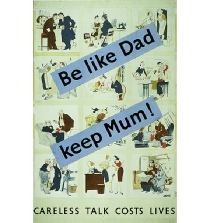 NextBack
NextBack.”I was expected to attend night school as part of my training and. on a couple of occasions when bombs were jettisoned in the area, the classroom lights flickered, and the headmaster, Mr. W. Pinkney. B.Sc. sent us home. The war time blackout was strictly enforced and even bicycle lights had to be masked. It was at times like those that I was always relieved to arrive home unscathed.
“In January 1944 aged 18, although in a 'reserved occupation’ and exempt from call-
“In September the same year, I received another letter Informing me that as a result of continued progress which was being made by Allied Ground Forces and Bomber Command air-
